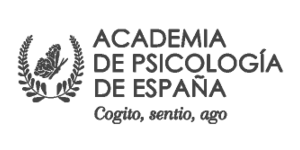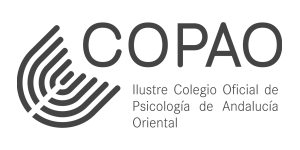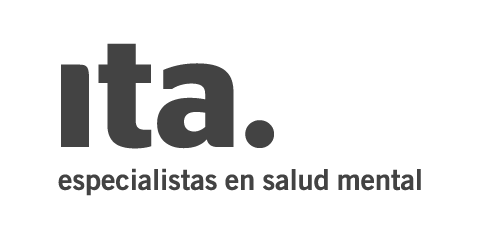Speaker

ROSARIO RUIZ OLIVARES
UNIVERSITY OF CORDOBA. SPAIN
Rosario Ruiz-Olivares obtained her PhD in Psychological and Biomedical Aspects of Health and Illness from the University of Córdoba (Spain). She is currently a Full Professor in the area of Personality, Assessment, and Psychological Treatment in the Department of Psychology at the University of Córdoba (Spain).
One of her main lines of research is the evaluation of problematic technology use in children and adolescents; its relationship with emotional and psychological well-being; and the development of prevention programs for the use of social media and video games in children and adolescents, as well as the management of screen use in the home environment.
She has teaching and research experience in the field of addictions, both substance use and behavioral addictions in children and adolescents. She has supervised more than 15 Master’s thesis and three doctoral theses on this topic. She has participated in research projects on addictions since 2006, most recently focusing on the problematic use of technology in people with disabilities. He has contributed numerous times to international conferences and has published scientific articles in high-impact journals in the field, such as ADDICTIONS, Behavioral Psychology, International Journal of Clinical and Health Psychology, Clinic and Health, Personality and Individual Differences, Current Psychology, etc.
Problematic use of technology in childhood and adolescence: prevention and evaluation

Nowadays, screen use is a reality that has become part of our lives and is part of our normal behavior. This use is now ubiquitous among adults, young people, and children who use them for a multitude of activities. However, the lack of control and the impact they sometimes have on other daily activities raise alarm bells and lead to talk of problematic use of technology. This concern is especially heightened when it comes to screen use in children and adolescents. However, few research studies have so far focused on developing scientifically valid instruments that assess whether such use can be categorized as excessive/problematic, even bordering on addiction. It is vitally important to develop these types of instruments at an early age, with the closest adults as informants of the child’s behavior.
Furthermore, it is well known that adolescence is a period of risk, but also of opportunities to learn and grow as individuals. In this sense, it is important to understand their screen-use habits (characteristics of mobile phone use, interference in their daily lives, use of social media, video games, gambling, etc.) and how this relationship can influence variables such as social anxiety. With all this, it is also necessary to design, develop, and implement prevention programs that seek to equip educators with tools to promote healthy use of screens and technology in children and adolescents.












